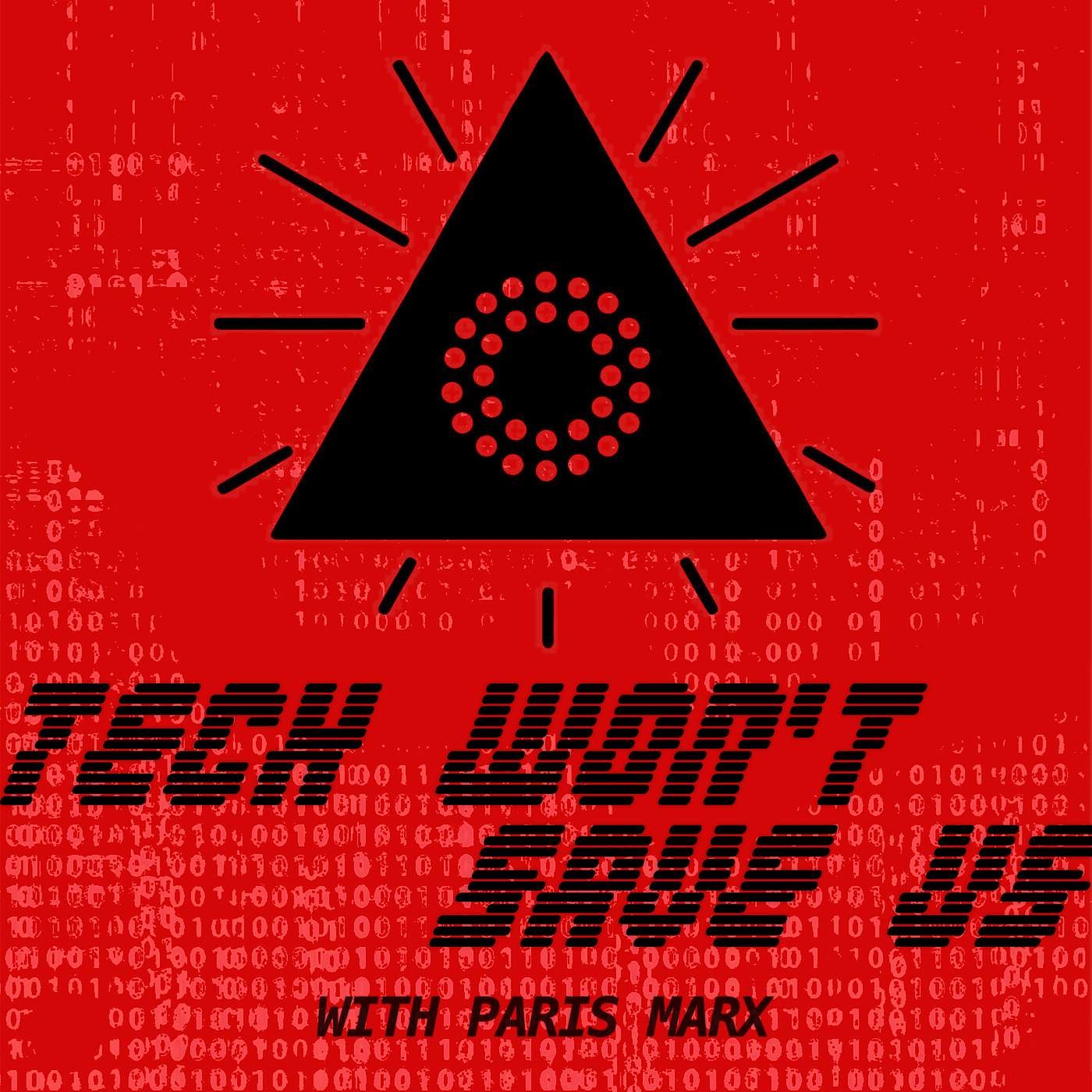How Nostalgia Serves Corporate Power w/ Grafton Tanner
01 28 21


Paris Marx is joined by Grafton Tanner to discuss how social media constantly resurfaces the past, why film and television uses nostalgia to keep us engaged, and whether there’s a way to wield nostalgia in pursuit of a better world.
Grafton Tanner is the author of “The Circle of the Snake: Nostalgia and Utopia in the Age of Big Tech” and “Babbling Corpse: Vaporwave and the Commodification of Ghosts.” Grafton is also writing “The Hours Have Lost Their Clock: The Politics of Nostalgia” for Repeater Books, due out in October 2021. Follow Grafton on Twitter as @GraftonTanner.
Venture capitalists aren’t funding critical analysis of the tech industry — that’s why the show relies on listener support.
Become a supporter on Patreon to ensure the show can keep promoting critical tech perspectives. That will also get you access to the Discord chat, a shoutout on the show, some stickers, and more!